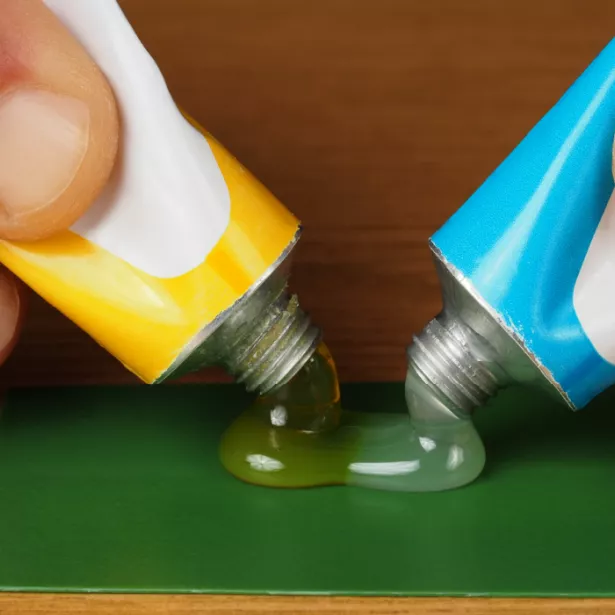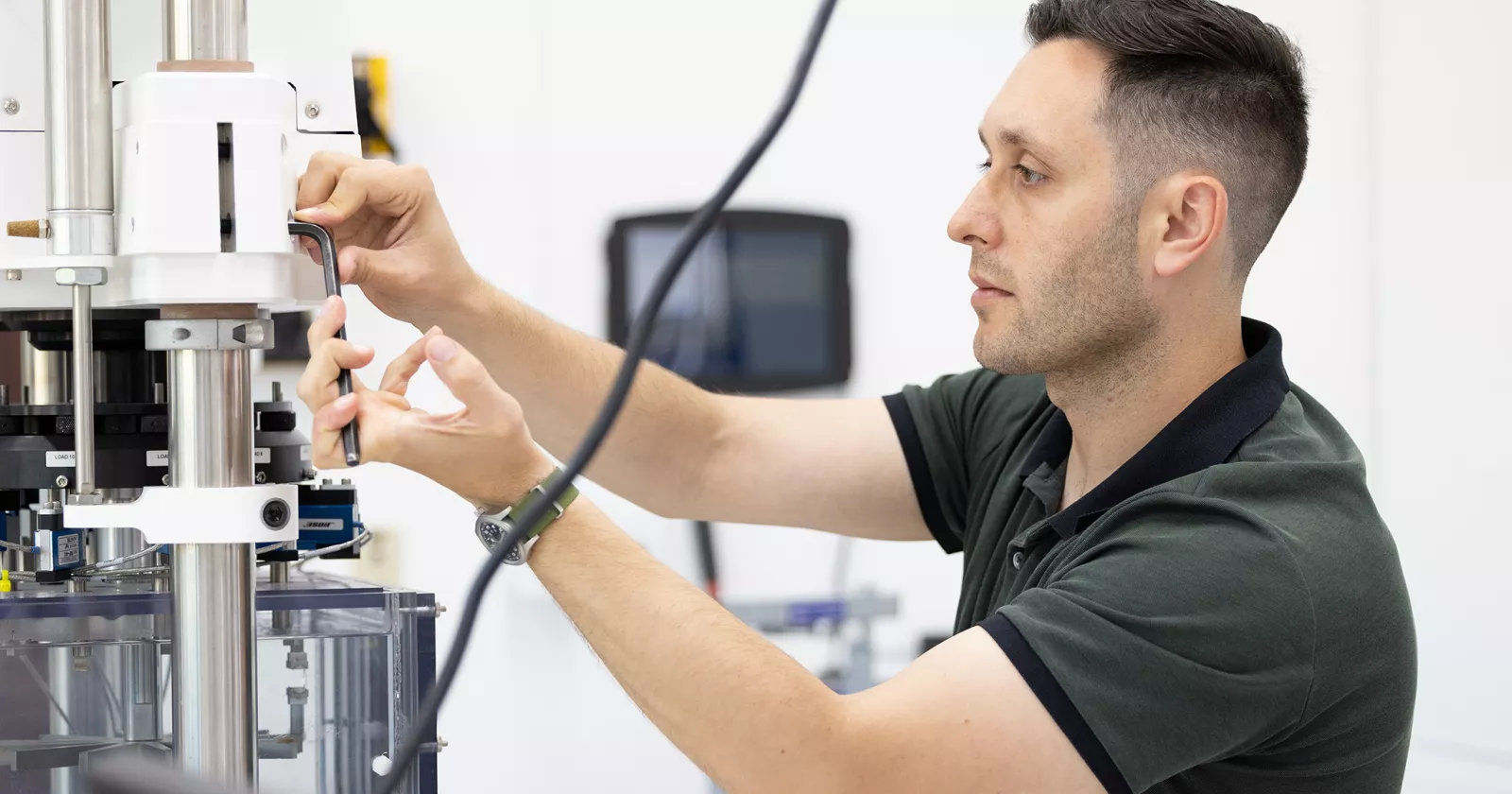
How does Exponent set up value-added studies of wear and tribology in medical devices to ensure the outcomes being measured are selected to answer the most pertinent device development questions?
Exponent's expertise in conducting and managing high-cycle wear, fatigue, and durability testing of orthopedic, spine, and cardiovascular devices spans basic gravimetric and volumetric analyses to more advanced analysis techniques like particle analysis and innovative metrology.
Our pin-on-disc wear test capabilities can be used to screen candidate biomaterial couples and optimize medical device design performance. Our full-scale wear simulators can be used for standard and non-standard test programs.
Exponent's reports are prepared for submission to regulatory bodies worldwide, and Exponent's consultants are well-versed in engaging with regulatory authorities to answer questions and review the method and results from test programs.
We have extensive expertise in establishing wear test programs that contain the critical analyses and insights needed to help answer questions for regulatory submission. These include performing the basic gravimetric analysis on parts, as well as dimensional analyses, optical microscopy, scanning electron microscopy, surface roughness analysis, chemical analysis, particle analysis, micro-CT, and custom analyses where appropriate.
Exponent is accredited to ISO 17025 (A2LA Certificate 2561.01) for wear and durability testing protocols and analysis based on:
ASTM F732 - Standard test method for wear testing of polymeric materials used in total joint prostheses
ASTM F2423 - Standard guide for functional, kinematic, and wear assessment of total disc prostheses
ISO 18192-1,-2,-3 - Implants for surgery — Wear of total intervertebral spinal disc prostheses — Part 1: Loading and displacement parameters for wear testing and corresponding environmental conditions for test
ASTM F3295 - Standard guide for impingement testing of total disc prostheses
ISO 14243-1, -2, -3 - Implants for surgery — Wear of total knee-joint prostheses
ISO 5840-1,-2,-3 - Cardiovascular implants — Cardiac valve prostheses — Part 1: General requirements; — Part 2: Surgically implanted heart valve substitutes; — Part 3: Heart valve substitutes implanted by transcatheter techniques
ASTM F2477 - Standard test methods for in vitro pulsatile durability testing of vascular stents
ASTM F1877 - Standard practice for characterization of particles
Exponent also has experience in managing in vitro testing protocols conducted per:
ISO 14242-1,-2,-3,-4 - Implants for surgery — Wear of total hip-joint prostheses
ISO 14243-5 - Implants for surgery — Wear of total knee-joint prostheses
ASTM F2624 - Standard test method for static, dynamic, and wear assessment of extra-discal spinal motion-preserving implants
ISO 25539 - Cardiovascular implants — Endovascular devices — Part 2: Vascular stents
services
For 50+ years, we’ve thrived on solving unstructured problems that require bespoke solutions. Some of our services include:
• Pin-on-disc testing
• Conducting and managing wear testing
• Establishing wear test programs
• Particle analysis and advanced metrology
• Performing various analyses including gravimetric, volumetric, dimensional, surface roughness, chemical, particle, micro-CT, and custom analyses
• Optical microscopy and scanning electron microscopy
• Generating reports for submission to regulatory bodies containing methodology and results of all findings
Experts
Our global and comprehensive expertise across industries gives us a deep understanding of current challenges, best industry practices, and the implications of emerging technologies.

Corporate Vice President, Office Director and Principal




